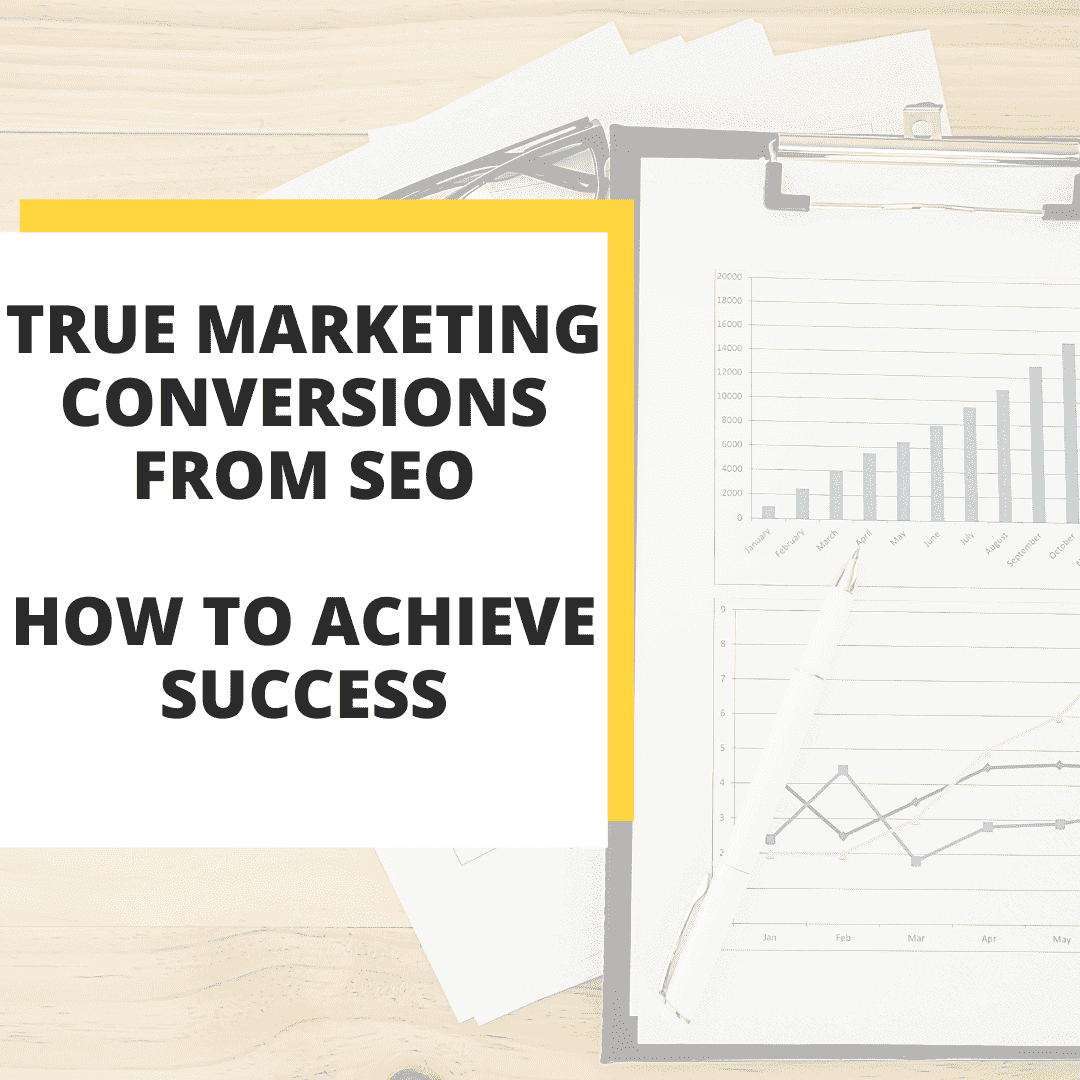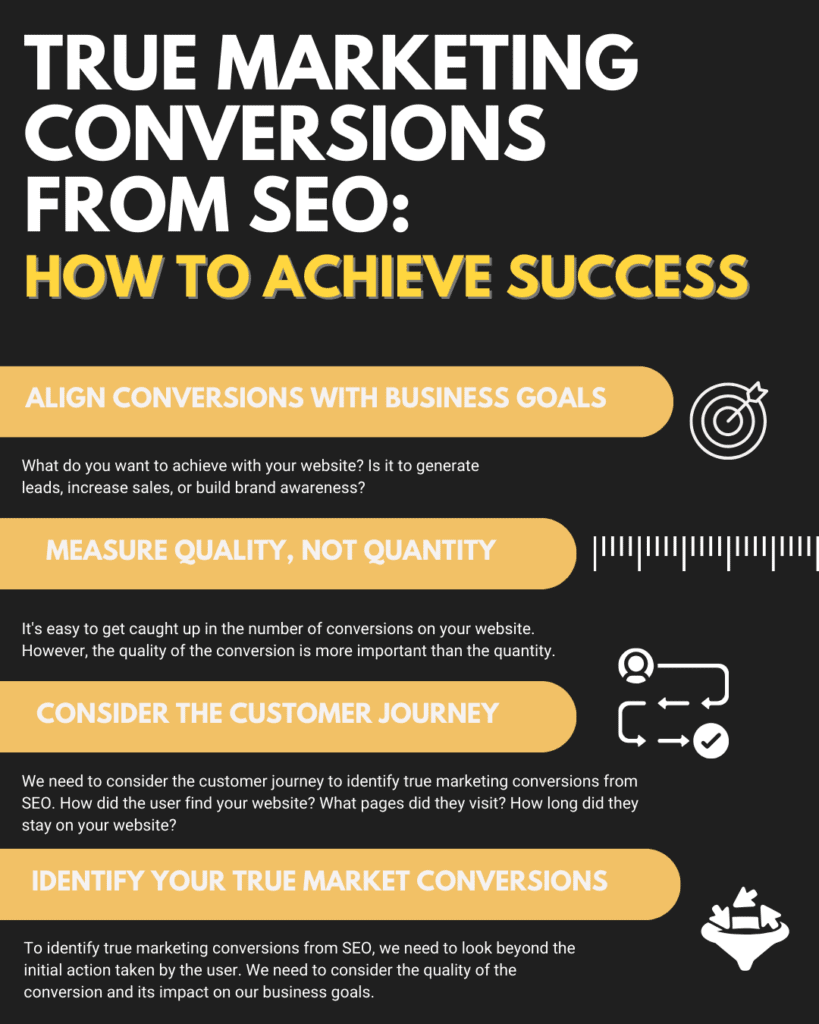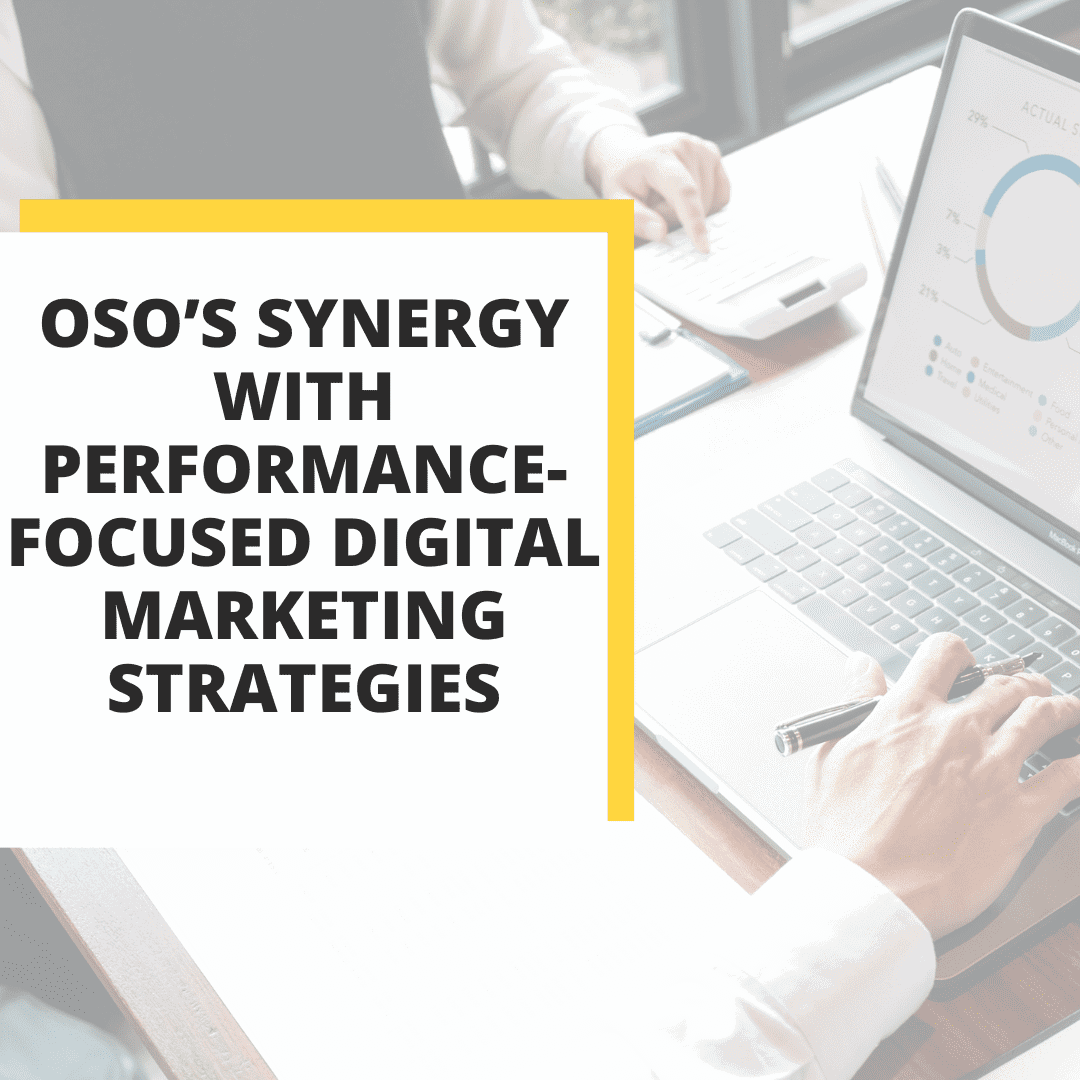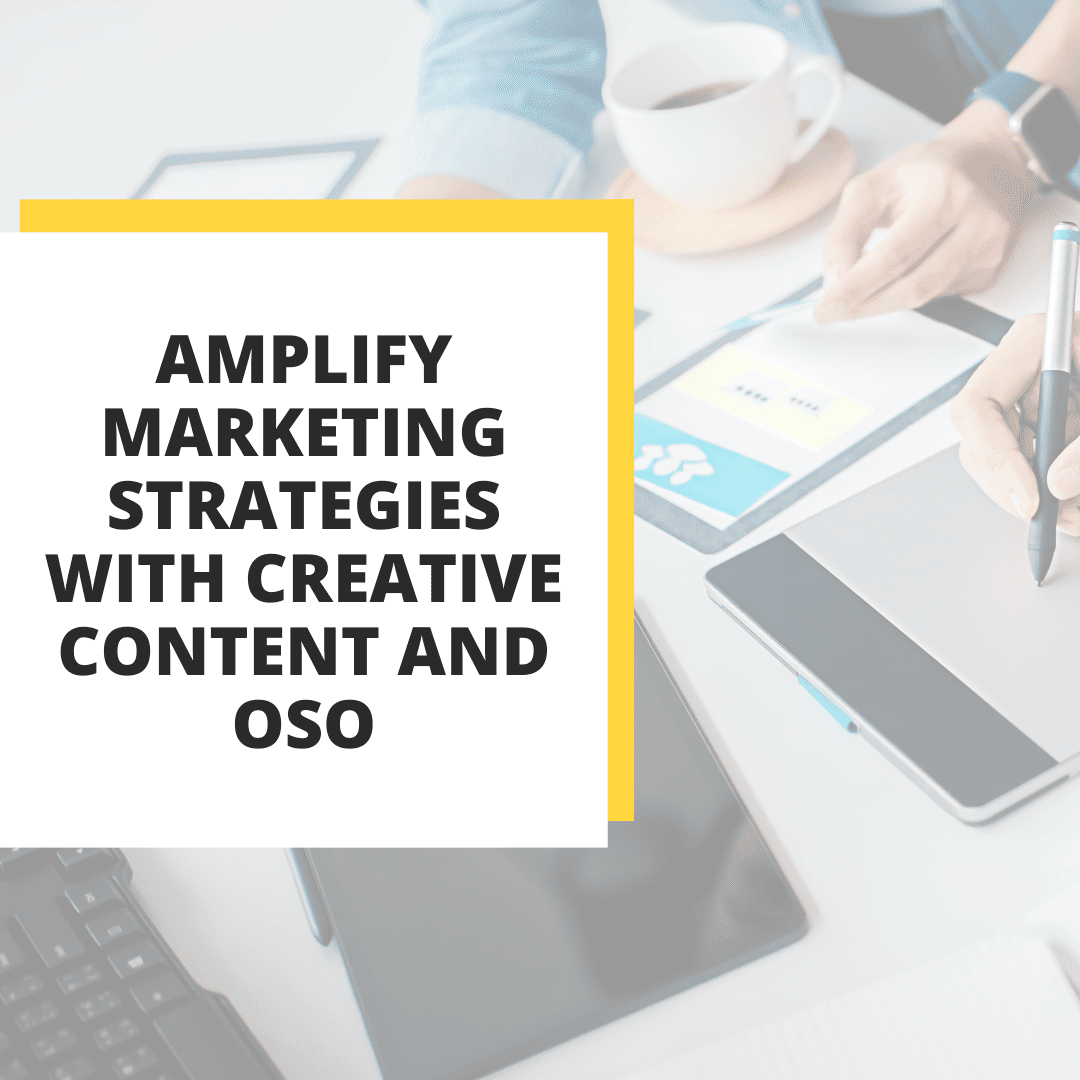True Marketing Conversions from SEO: How to Achieve Success

Stay ahead of the curve with In Front Marketing and discover the proven techniques that turn website visitors into loyal customers. Don’t miss out on this essential guide to SEO-driven success!
At its core, marketing is all about driving conversions. Whether it’s getting people to sign up for a newsletter, purchase a product, or engage with a brand on social media, the ultimate goal is to turn interest into action. And when it comes to online marketing, there’s no denying that search engine optimization (SEO) plays a critical role in driving those conversions.
In this article, we’ll explore the concept of true marketing conversions from SEO and share strategies for boosting your conversion rates.
Understanding SEO and Its Impact on Marketing Before we dive into the specifics of true marketing conversions, it’s important to have a solid understanding of what SEO is and how it impacts your overall marketing strategy.
At its basic level, SEO optimizes your website and content to rank higher in search engine results pages (SERPs). By improving your visibility in search results, you can drive more traffic to your site and increase your chances of converting those visitors into customers.
Identifying True Marketing Conversions Of course, not all website visitors are created equal. Some may stumble upon your site by accident, while others may be actively searching for a solution to their problem. To truly understand the impact of your SEO efforts, it’s important to identify which visitors are most likely to convert and focus your efforts on attracting and engaging those individuals.
By tracking key metrics like bounce rate, time on site, and conversion rate, you can gain valuable insights into the effectiveness of your SEO strategy and make data-driven decisions to improve your results.
Key Takeaways
- SEO plays a critical role in driving conversions for online marketing.
- Understanding the impact of SEO on your marketing strategy is crucial.
- Identifying true marketing conversions through metrics is essential for improving your SEO strategy.
Understanding SEO and Its Impact on Marketing
Search engine optimization (SEO) is a crucial aspect of modern-day marketing. It is the process of optimizing your website to improve its visibility and ranking on search engine results pages (SERPs). The higher your website ranks on SERPs, the more likely potential customers will find and visit your website.
SEO significantly impacts marketing because it helps businesses attract organic traffic to their website. Organic traffic refers to the visitors who visit your website through unpaid search results. By optimizing your website for SEO, you can attract a larger number of potential customers to your website without having to pay for advertising.
One of the most significant benefits of SEO is that it can lead to true marketing conversions.
Compared to other marketing methods that may attract visitors who are not interested in your products or services, SEO can help you attract visitors who are actively searching for what you offer. This means that the visitors who visit your website through SEO are more likely to convert into paying customers.
SEO can impact marketing in many ways.
For example, it can help businesses build brand awareness, establish credibility, and increase their online presence. By optimizing your website for SEO, you can improve your website’s user experience, which can lead to higher engagement rates and more repeat visitors.
In conclusion, understanding SEO and its impact on marketing is crucial for businesses that want to attract organic traffic and achieve true marketing conversions.
By optimizing your website for SEO, you can improve your website’s visibility, attract more potential customers, and increase your chances of converting visitors into paying customers.
Identifying True Marketing Conversions

Regarding SEO, conversions refer to the desired action taken by a user on your website. It could be anything from filling out a contact form, subscribing to a newsletter, or purchasing. However, not all conversions are created equal. Some may only provide a short-term boost in traffic, while others may lead to long-term success.
To identify true marketing conversions from SEO, we need to look beyond the initial action taken by the user. We need to consider the quality of the conversion and its impact on our business goals. Here are a few things to keep in mind:
1. Align Conversions with Business Goals
The first step to identifying true marketing conversions is to align them with your business goals. What do you want to achieve with your website? Is it to generate leads, increase sales, or build brand awareness? Once you have a clear understanding of your business goals, you can then identify the conversions that are most valuable to your business.
2. Measure Quality, Not Quantity
It’s easy to get caught up in the number of conversions on your website. However, the quality of the conversion is more important than the quantity. For example, a user who fills out a contact form but has yet to respond to your follow-up emails is not a valuable conversion. On the other hand, a user who makes a purchase and becomes a loyal customer is a valuable conversion that can lead to long-term success.
3. Consider the Customer Journey
We need to consider the customer journey to identify true marketing conversions from SEO. How did the user find your website? What pages did they visit? How long did they stay on your website? By understanding the customer journey, we can identify the most valuable conversions to our business and optimize our SEO strategy accordingly.
In conclusion, identifying true marketing conversions from SEO requires a deeper understanding of our business goals, the quality of the conversion, and the customer journey. By focusing on these factors, we can optimize our SEO strategy to drive long-term success for our business.
Key Metrics for Evaluating SEO Success
When it comes to evaluating the success of SEO efforts, there are several key metrics to consider. These metrics help us determine how well our SEO strategies are working and where we need to make adjustments.
Organic Traffic
One of the most important metrics to consider is organic traffic. This refers to the number of visitors who visit your website through organic search results. By tracking organic traffic, we can see how well our SEO efforts drive traffic to our site. We can also identify which pages are performing well and which ones need improvement.
Keyword Rankings
Another important metric is keyword rankings. We need to track the rankings of our target keywords to see how well our content is performing in search results. By monitoring keyword rankings, we can identify which keywords are driving the most traffic and which ones need more attention.
Conversion Rate
While driving traffic to our site is important, ultimately, we want to convert that traffic into customers. That’s why conversion rate is a critical metric to track. We need to know how many visitors are taking the desired action on our site, whether that’s making a purchase, filling out a form, or signing up for a newsletter.
Bounce Rate
Bounce rate is a metric that measures the percentage of visitors who leave your site after viewing only one page. A high bounce rate can indicate that visitors aren’t finding what they’re looking for on your site, which can hurt your SEO efforts. By tracking bounce rate, we can identify pages that need improvement and make changes to keep visitors engaged.
Backlinks
Backlinks are links from other websites to your site. They are an important factor in SEO because they signal to search engines that your site is authoritative and trustworthy. By tracking the number and quality of backlinks to our site, we can see how well our content is resonating with other sites and identify opportunities for link building.
Overall, these key metrics are essential for evaluating the success of SEO efforts. By tracking these metrics, we can make data-driven decisions and optimize our strategies to drive more traffic, improve rankings, and increase conversions.
Strategies for Boosting SEO Conversions
To achieve true marketing conversions from SEO, we need to implement effective strategies that will drive traffic and boost conversion rates. Here are some strategies that we can use to increase our SEO conversions:
Keyword Optimization
Keyword optimization is researching and selecting relevant keywords to drive website traffic. By optimizing our content with the right keywords, we can improve our search engine rankings and attract more visitors to our website.
To optimize our keywords for SEO conversions, we need to ensure that our content is relevant, informative, and engaging. We should also use long-tail keywords specific to our niche and audience. This will help us attract more targeted traffic to our website and increase our chances of converting visitors into customers.
Quality Content Creation
Creating high-quality content is essential for boosting our SEO conversions. We must ensure that our content is informative, engaging, and relevant to our audience. By creating content that provides value to our visitors, we can build trust and credibility with our audience, leading to more conversions.
To create quality content, we should focus on the following:
- Researching our audience and understanding their needs and interests
- Providing solutions to their problems and answering their questions
- Creating content that is easy to read and understand
- Using visuals, such as images and videos, to enhance our content
Link Building
Link building is acquiring backlinks from other websites to our own. Backlinks are important for SEO because they signal to search engines that our website is authoritative and relevant.
By acquiring high-quality backlinks, we can improve our search engine rankings and attract more traffic to our website.
To build high-quality backlinks, we should focus on the following:
- Creating quality content that other websites will want to link to
- Reaching out to other websites and asking for backlinks
- Guest posting on other websites and including a link back to our website
- Participating in online communities and forums and including a link back to our website
In conclusion, we can boost our SEO conversions and achieve true marketing success by implementing effective strategies such as keyword optimization, quality content creation, and link building.
Incorporating SEO Data into Marketing Strategy
When it comes to optimizing your marketing strategy for true conversions, incorporating SEO data is crucial. By analyzing the data generated by your SEO efforts, you can gain valuable insights into your target audience and adjust your marketing strategy accordingly.
One way to incorporate SEO data into your marketing strategy is by identifying which keywords drive the most traffic to your website. By analyzing this data, you can determine which keywords are most relevant to your target audience and adjust your content strategy accordingly.
For example, if you find that a particular keyword is driving significant traffic to your site, you may want to create more content around that keyword to engage your audience further.
Another way to incorporate SEO data into your marketing strategy is by analyzing your website’s conversion rates.
By tracking the conversion rates of your website’s pages, you can determine which pages are most effective at converting visitors into customers. This information can then be used to optimize your website’s design and content to improve your conversion rates further.
In addition to analyzing your website’s conversion rates, tracking your website’s bounce rate is also important. A high bounce rate can indicate that your website’s content needs to be more engaging for your target audience. By analyzing your bounce rate, you can identify areas where your website’s content may need improvement and adjust your content strategy accordingly.
Overall, incorporating SEO data into your marketing strategy is essential for optimizing your marketing efforts and driving true conversions.
By analyzing your website’s traffic, conversion, and bounce rates, you can gain valuable insights into your target audience and adjust your marketing strategy accordingly.
Measuring and Improving SEO Conversion Rates
When it comes to SEO, more is needed to drive traffic to your website. You also need to ensure that your visitors take the desired actions that lead to conversions. Measuring and improving your SEO conversion rates is crucial to the success of your online marketing efforts. This section will explore some tools and techniques to help you achieve this.
Analytics Tools
To measure your SEO conversion rates, you need to use analytics tools that can track user behavior on your website. Google Analytics is one of the most popular and powerful tools available. It allows you to track a wide range of metrics, such as:
- Number of visitors
- Pages per session
- Average session duration
- Bounce rate
- Conversion rate
By analyzing these metrics, you can gain insights into how users interact with your website and identify areas for improvement. You can also set up conversion tracking in Google Analytics to track specific actions, such as form submissions or product purchases.
Other analytics tools that you may find useful include:
- SEMrush
- Ahrefs
- Moz Pro
- Crazy Egg
Conversion Rate Optimization Techniques
Once you have identified areas for improvement using analytics tools, you can start implementing conversion rate optimization (CRO) techniques to improve your SEO conversion rates. Here are some techniques that you can try:
- Improve website speed: A slow website can lead to high bounce rates and lower conversion rates. Use tools like Google PageSpeed Insights to identify areas for improvement and optimize your website speed.
- Optimize landing pages: Your landing pages should encourage users to take the desired actions. Use clear and compelling headlines, persuasive copy, and strong calls-to-action (CTAs) to improve your landing page conversions.
- Use social proof: Social proof, such as customer reviews and testimonials, can help build trust and credibility with your audience and increase conversions.
- Simplify forms: Complicated or lengthy forms can deter users from completing them. Simplify your forms by reducing the number of fields and using clear labels and instructions.
- Test and iterate: CRO is an ongoing process of testing and iterating. Use A/B testing to compare different versions of your website or landing pages and identify the most effective elements.
By using analytics tools and implementing CRO techniques, you can measure and improve your SEO conversion rates and achieve better results from your online marketing efforts.
Case Studies of Successful SEO Conversions
We have seen many success stories from businesses that implemented effective SEO strategies. Here are a few case studies of successful SEO conversions:
Case Study 1: Handmade Jewellery Company
XYZ Company is a small business that sells handmade jewelry online. They were struggling to get traffic to their website and convert visitors into customers. After implementing an SEO strategy, they saw a significant increase in traffic and sales. Here are some of the results:
- Increased organic traffic by 50% in the first three months
- Improved conversion rate by 25%
- Increased revenue by 40%
The SEO strategy included optimizing their website for relevant keywords, creating high-quality content, and building backlinks from reputable websites.
Case Study 2: Not For Profit Organization
A Western Canadian NPO is a large B2B company that provides software solutions. They faced tough competition in their industry and needed a way to stand out. After implementing an SEO strategy, they saw a significant improvement in their online presence and lead generation. Here are some of the results:
- Increased organic traffic by 75% in the first six months
- Improved conversion rate by 30%
- Generated 50% more leads from their website
The SEO strategy included optimizing their website for long-tail keywords, creating informative blog posts, and building backlinks from industry-specific websites.
Case Study 3: DEF Enterprises
DEF Enterprises is a startup that provides a unique service in the healthcare industry. They had a limited budget for marketing and needed a cost-effective way to reach their target audience. After implementing an SEO strategy, they saw a significant increase in brand awareness and customer acquisition. Here are some of the results:
- Increased organic traffic by 100% in the first three months
- Improved conversion rate by 20%
- Acquired 50% more customers from their website
The SEO strategy included optimizing their website for local keywords, creating engaging social media content, and building backlinks from healthcare-related websites.
These case studies demonstrate the power of effective SEO strategies in driving traffic, improving conversion rates, and increasing revenue. By implementing a targeted SEO strategy, businesses can achieve their marketing goals and stay ahead of the competition.
Conclusion
In conclusion, we have seen that SEO is a powerful tool for increasing web visibility and driving traffic to your website. By optimizing your website for search engines, you can attract more visitors and increase your chances of converting them into customers.
Based on our research, the key to true marketing conversions from SEO is to focus on providing high-quality content relevant to your target audience.
This means conducting thorough keyword research, creating informative and engaging blog posts, and optimizing your website for user experience.
We have also seen that it is important to track and analyze your SEO metrics to measure the effectiveness of your campaigns.
By monitoring your rankings, traffic, and conversion rates, you can identify areas for improvement and make data-driven decisions to optimize your website and improve your ROI.
Finally, we recommend combining SEO and pay-per-click (PPC) campaigns to maximize results. While SEO can take time to yield results, PPC can provide immediate visibility and drive traffic to your website.
Combining these two strategies allows you to create a comprehensive digital marketing plan that delivers true marketing conversions and helps you achieve your business goals.
Frequently Asked Questions
What are some examples of true marketing conversions achieved through SEO?
SEO can contribute to various true marketing conversions, such as increased website traffic, brand visibility, and higher sales.
For example, a company that sells organic skincare products might use SEO to improve its website’s search engine ranking for keywords like “organic skincare” and “natural beauty products.” As a result, the company could see increased website traffic, leading to more sales and repeat customers.
How does SEO contribute to digital marketing conversions?
SEO can contribute to digital marketing conversions in several ways. By improving a website’s search engine ranking, SEO can increase a brand’s visibility and attract more potential customers.
Additionally, SEO can help to optimize a website’s content and user experience, making it more appealing and easier to use. This can increase engagement, higher conversion rates, and more sales.
What is the average conversion rate for SEO?
The average conversion rate for SEO varies depending on the industry, market, and specific website. However, studies have shown that the average conversion rate for organic traffic is around 2-4%, while paid search traffic has a higher average conversion rate of around 3-6%.
It’s important to note that conversion rates can be influenced by various factors, such as the quality of a website’s content, the user experience, and the effectiveness of the call-to-action.
What are some reasons why SEO is important for driving conversions?
SEO is important for driving conversions because it helps to increase a website’s visibility, attract more potential customers, and improve the user experience.
By optimizing a website’s content and structure for search engines, SEO can help to ensure that it is easily discoverable and relevant to users who are searching for related keywords. This can lead to increased traffic, engagement, and conversions.
How does SEO generate more credible traffic that converts into customers?
SEO generates more credible traffic by targeting users actively searching for related keywords and topics. By optimizing a website’s content and structure for search engines, SEO can help to ensure that it is relevant and valuable to users who are looking for specific information or solutions.
This can lead to more targeted traffic that is more likely to convert into customers, as they are already interested in the products or services offered.
What are some effective ways to measure SEO conversions?
Several effective ways to measure SEO conversions include tracking website traffic and engagement, monitoring keyword rankings and search engine visibility, and analyzing conversion rates and revenue. Using tools like Google Analytics and Search Console, website owners can gain valuable insights into how their SEO efforts contribute to their overall marketing and business goals. Additionally, A/B testing and user feedback can help identify improvement areas and optimize for better results.



